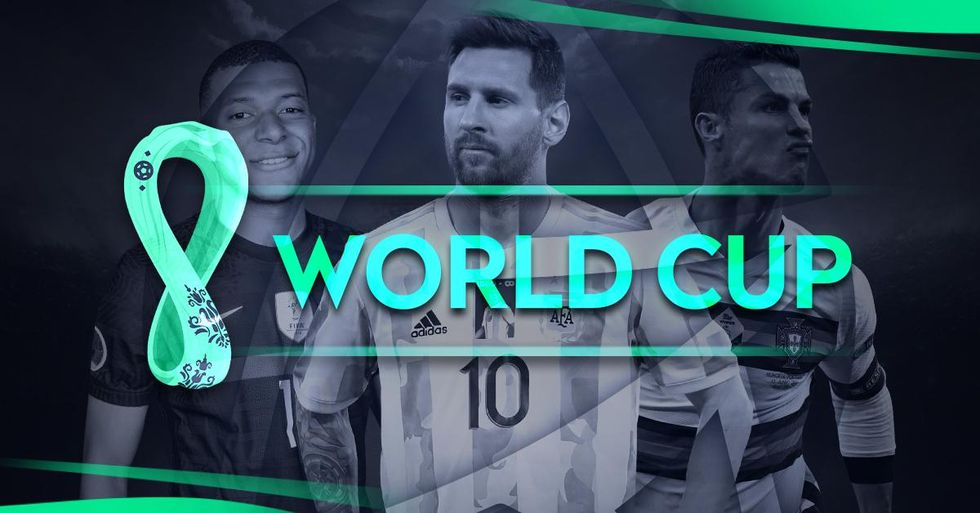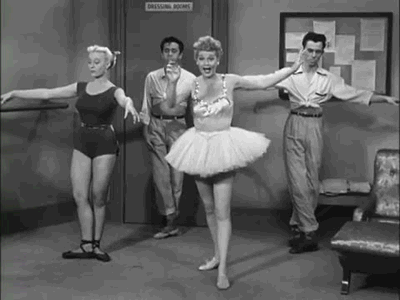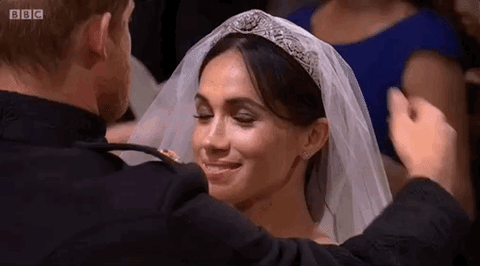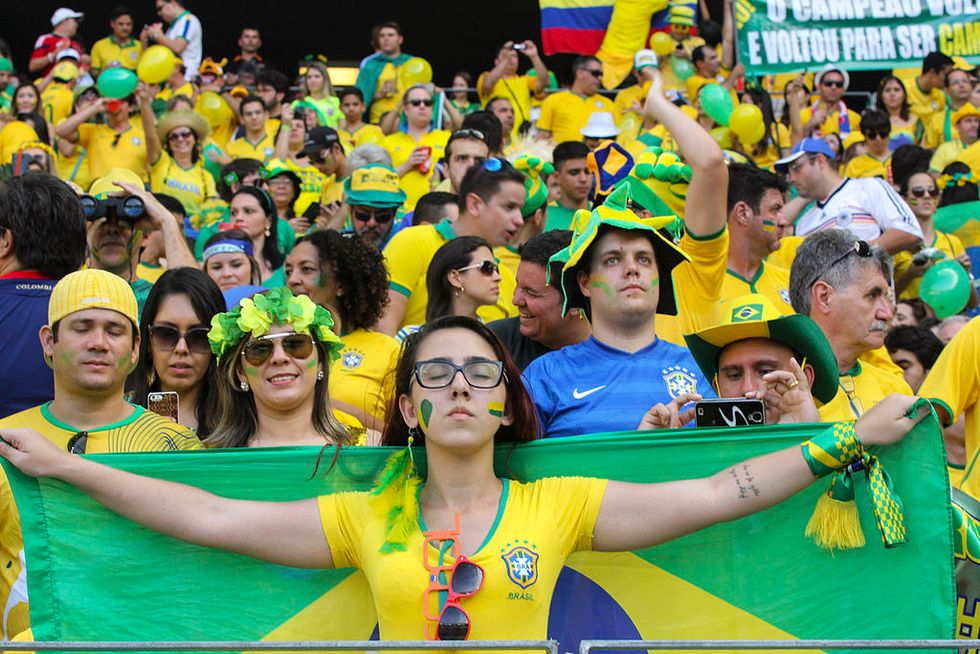3 Fun Facts About Soccer
2022 World Cup begins today, here are some fun facts about soccer to prepare.
This is a response to Dear Soccer...
The 2022 FIFA World Cup will begin next week, and last until mid-December. While die-hard soccer fans know every stat about every team, there are some interesting details about the history of the game they may not be aware of. Here are three fun facts about soccer and its origins.
The origin of soccer is Chinese
 Halfway Through Our Trips Out In China, This Is What I've LearnedInstagram
Halfway Through Our Trips Out In China, This Is What I've LearnedInstagramThe earliest sport humans played with their feet was called "cuju," which means "to kick," in Chinese. According to FIFA, it was a military sport that originated in the city of Lin Zi nearly 3,000 years ago. Cuju players kicked heavy leather balls to build physical endurance.
Soccer balls are black and white so they can be seen easily on television
 person playing soccer on fieldPhoto by Donnycocacola on Unsplash
person playing soccer on fieldPhoto by Donnycocacola on UnsplashThe first ball of the World Cup was a Telstar soccer ball. Its black and white design was intended to make the ball visible on old-fashioned TVs, when pictures were mostly black and white.
Norway is the only team Brazil has never beat
 Experiencing The World Cup As A Brazilian Is Irreplaceableimg.maximummedia.ie
Experiencing The World Cup As A Brazilian Is Irreplaceableimg.maximummedia.ieBrazil is known for having one of the best soccer teams in the world. As of 2022, only one country has never lost to Brazil: Norway. The Norwegian team defeated Brazil in two match-ups, while two more games ended in a tie.




































There Needs To Be More Female World Cup Commentators, We Deserve Representation
It's 2018. This should not be the first time that women commentate a men's FIFA World Cup Match.
British journalist Vicki Sparks became the first woman to commentate a men's FIFA World Cup match for BBC.
She is not alone, former US Women's National Team midfielder Aly Wagner became the first female game analyst on American television when she commentated a World Cup Match for Fox Sports while German Claudia Neumann and Swede Hanna Marklund did the same in their respective countries.
However, all of these women were met with criticism from people who believe that women should not be commentating men's matches as well as patronization from men who believed they were clueless.
Former defender Jason Cundy was highly criticized by the media when he complained that women's voices as too "high-pitched" for soccer and that he "found it tough to listen." While former French national team player Patrice Evra was criticized for his misogyny and shock that Juventus forward Eniola Aluko understood basic concepts of soccer.
I believe that this blatant sexism is exactly the reasons that there need to be more women commentating men's soccer matches. Women are just as capable of understanding and analyzing soccer as men are, in fact, the commentary of Aly Wagner and her partner Derek Rae has been praised as "the tournament's best commentary."
As both a player and a fan, I have always felt like there is a connotation that men's soccer is, for some reason, better than women's soccer. Maybe it is that fact that nearly everywhere around the world, men's soccer receives more coverage and funding than women's. Maybe it is the fact that many women's soccer leagues are newer than the leagues of their male counterparts. Whatever the reason it needs to end. Especially in the United States, a nation that has seen its women's national team win three FIFA World Cups and four Olympics golds, while its men's team has failed to win one of either, yet fails to truly support women's soccer.
Aly Wagner was recently quoted as saying "I think it's really important to have men and young boys and teenagers…hear women's voices in the sports world on the level of analyst…as long as it's good analysis." I completely agree.
There need to more female commentators at all levels of soccer and other sports to show that, despite the vast gender inequality, women can work and succeed in the field of sports journalism. And the only way to get women accepted as sports commentators is to make it the new norm.